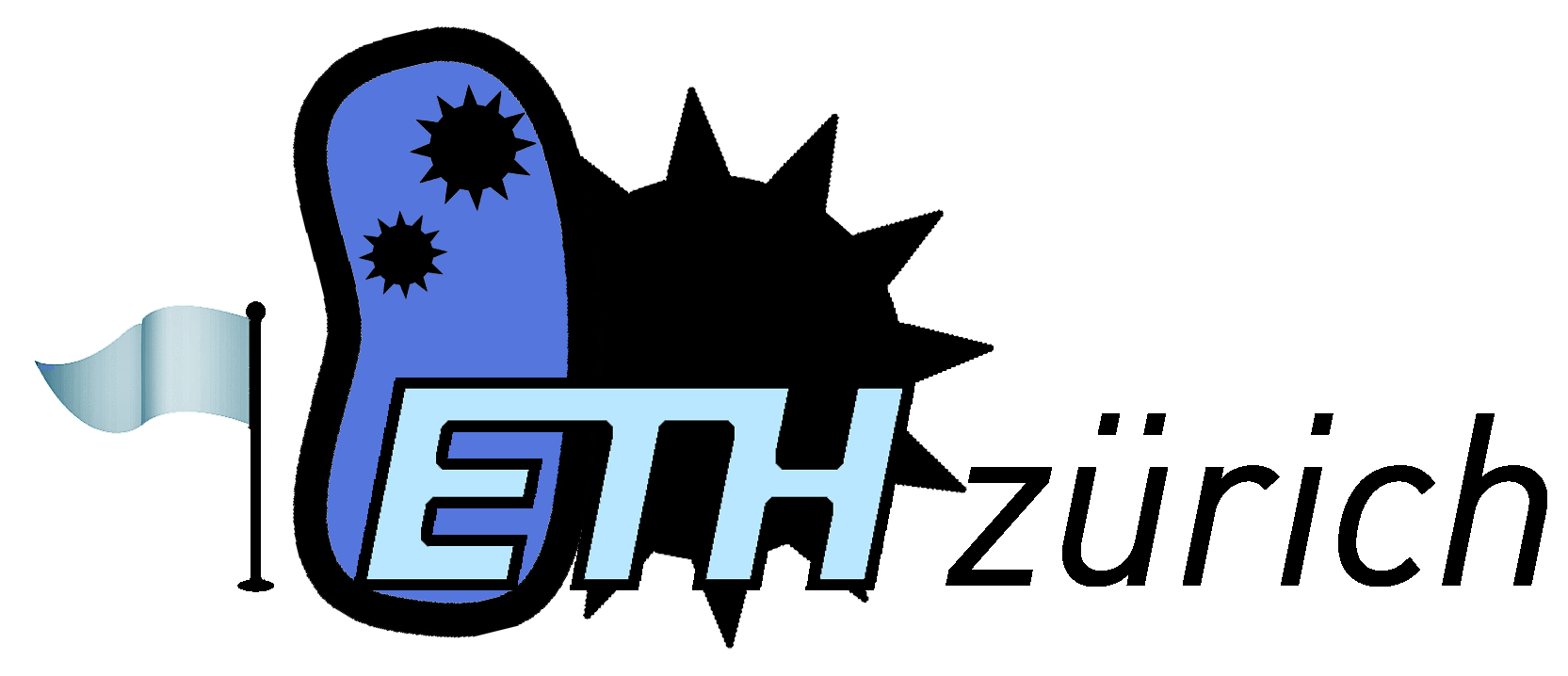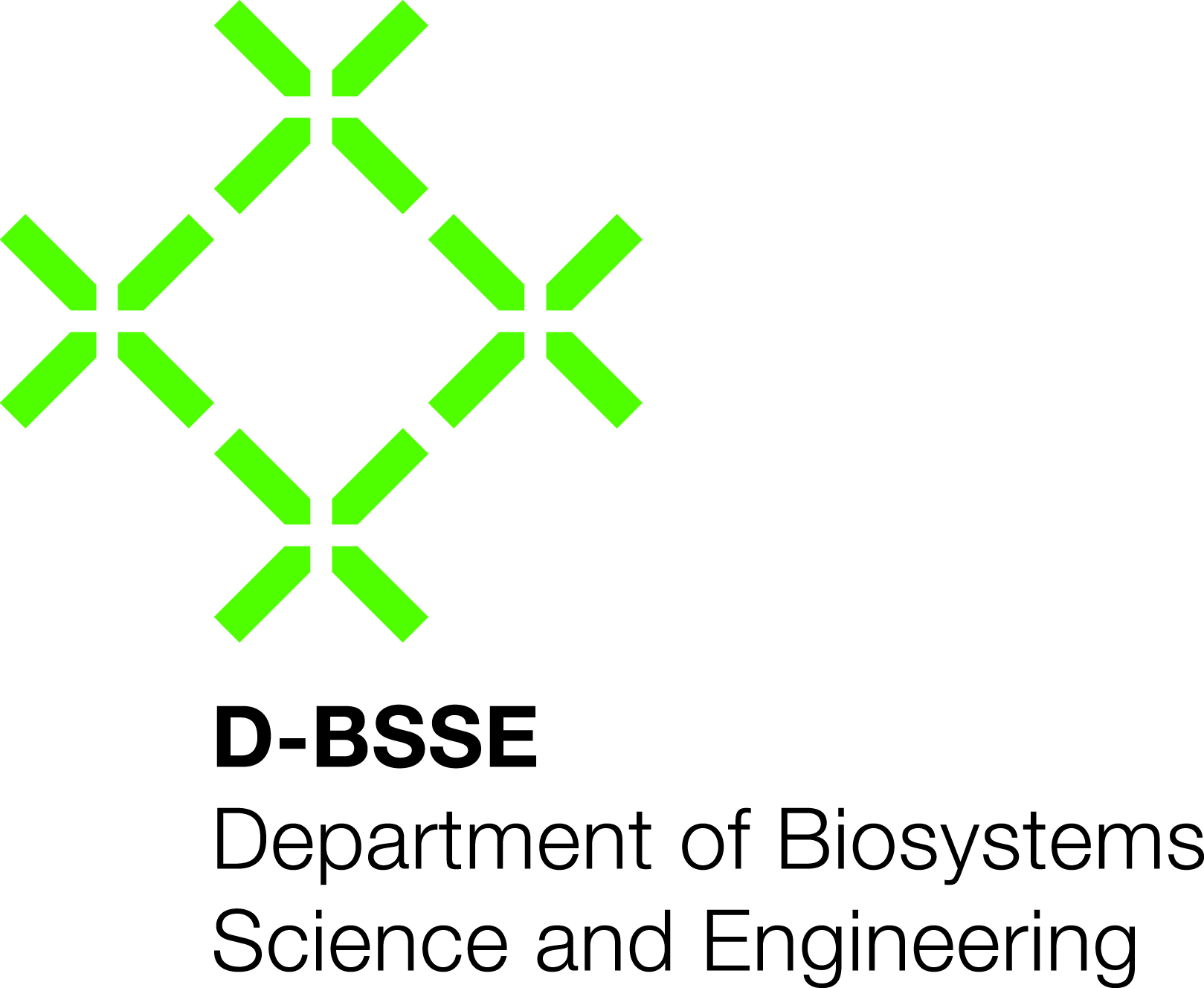Team:ETH Zurich/Experiments 6
From 2013.igem.org
| Line 5: | Line 5: | ||
[[File:Grid.png|200px|right|thumb||<b>Figure 1. Gameplay with GFP receiver construct </b>]]<p align="justify" >The receiver and sender colonies were plated in the honeycomb hexagonal pattern on LB-Agar for a timelapse experiment to follow the OHHL diffusion from sender cells to receiver cells.<br> The mine cells/sender cells are represented by green circles, the numbers indicate how many mines surround the non mine colonies . The grey-scale makes it easy to identify 1,2 or 3 surrounding mines. As predicted in our model a gradient is visible in the colony. This gives the player information about the location of the mine. Based on this information , the player can decide about the next move, as in to which colony the substrate needs to be added in order to move past the mines without detonating them , or to flag them.</p> | [[File:Grid.png|200px|right|thumb||<b>Figure 1. Gameplay with GFP receiver construct </b>]]<p align="justify" >The receiver and sender colonies were plated in the honeycomb hexagonal pattern on LB-Agar for a timelapse experiment to follow the OHHL diffusion from sender cells to receiver cells.<br> The mine cells/sender cells are represented by green circles, the numbers indicate how many mines surround the non mine colonies . The grey-scale makes it easy to identify 1,2 or 3 surrounding mines. As predicted in our model a gradient is visible in the colony. This gives the player information about the location of the mine. Based on this information , the player can decide about the next move, as in to which colony the substrate needs to be added in order to move past the mines without detonating them , or to flag them.</p> | ||
| - | |||
| - | |||
| - | |||
| - | |||
| - | |||
| - | |||
| - | |||
| - | |||
| - | |||
| - | |||
| - | |||
| - | |||
| - | |||
| - | |||
<br clear="all"/> | <br clear="all"/> | ||
{{:Team:ETH_Zurich/templates/footer}} | {{:Team:ETH_Zurich/templates/footer}} | ||
Revision as of 16:05, 1 October 2013
The game with the GFP receiver construct
The receiver and sender colonies were plated in the honeycomb hexagonal pattern on LB-Agar for a timelapse experiment to follow the OHHL diffusion from sender cells to receiver cells.
The mine cells/sender cells are represented by green circles, the numbers indicate how many mines surround the non mine colonies . The grey-scale makes it easy to identify 1,2 or 3 surrounding mines. As predicted in our model a gradient is visible in the colony. This gives the player information about the location of the mine. Based on this information , the player can decide about the next move, as in to which colony the substrate needs to be added in order to move past the mines without detonating them , or to flag them.
 "
"






